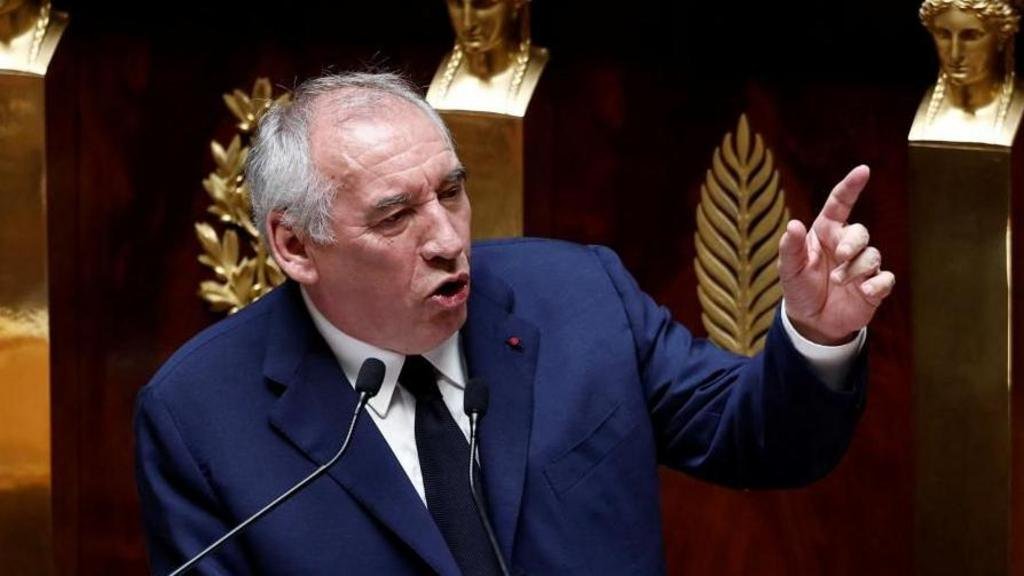France has plunged into a fresh political crisis after Prime Minister François Bayrou lost a pivotal no-confidence vote in the National Assembly, causing the collapse of his government and leaving President Emmanuel Macron in a leadership bind.
Key Facts and Context:
- On September 8, 2025, Bayrou’s government was toppled by a vote of 364 against vs. 194 in favor, over its contentious austerity budget aimed at addressing France’s swelling public debt ReutersAP News.
- The defeat marks the third Prime Minister ousted in under a year, after predecessors Gabriel Attal and Michel Barnier also fell due to fragile coalitions AP News.
- Bayrou intends to offer his formal resignation on September 9, with President Macron expected to appoint yet another prime minister in the coming days ReutersThe Guardian.

Political Turmoil and Fallout:
- Bayrou’s downfall deepens the political deadlock in France — the legislature remains deeply fragmented among centrist, left-wing, and far-right blocs, none holding a clear majority The Guardian.
- Passing the 2026 budget now becomes even more challenging, with outgoing and incoming governments likely facing gridlock ReutersThe Guardian.
Fiscal and Economic Implications:
- France is grappling with ballooning public debt (€3.3 trillion, ~114% of GDP) and a significant budget deficit, exacerbating investor concerns about financial stability AP NewsThe Wall Street Journal.
- Moody’s and other analysts warn that ongoing instability will hinder reforms and may impact France’s borrowing costs and credit rating.
What’s Coming Next:
- Macron must quickly identify a qualified replacement to navigate the polarized assembly and push through a viable budget The GuardianAP News.
- Potential contenders include Justice Minister Gérald Darmanin and Armed Forces Minister Sébastien Lecornu, though fractious politics may limit their effectiveness The Guardian.
- Calls from both the far right (National Rally) and the left (New Popular Front) for dissolution of parliament or Macron’s resignation are growing, though an early presidential election remains unlikely AP NewsThe Guardian.

Why This Matters:
With the government’s collapse triggered by resistance to austerity, France now faces not just a leadership vacuum, but a broader economic and institutional crisis. The immediate task ahead is stabilizing the governance structure and delivering a credible budget — all under a politically charged and fractured parliament.
